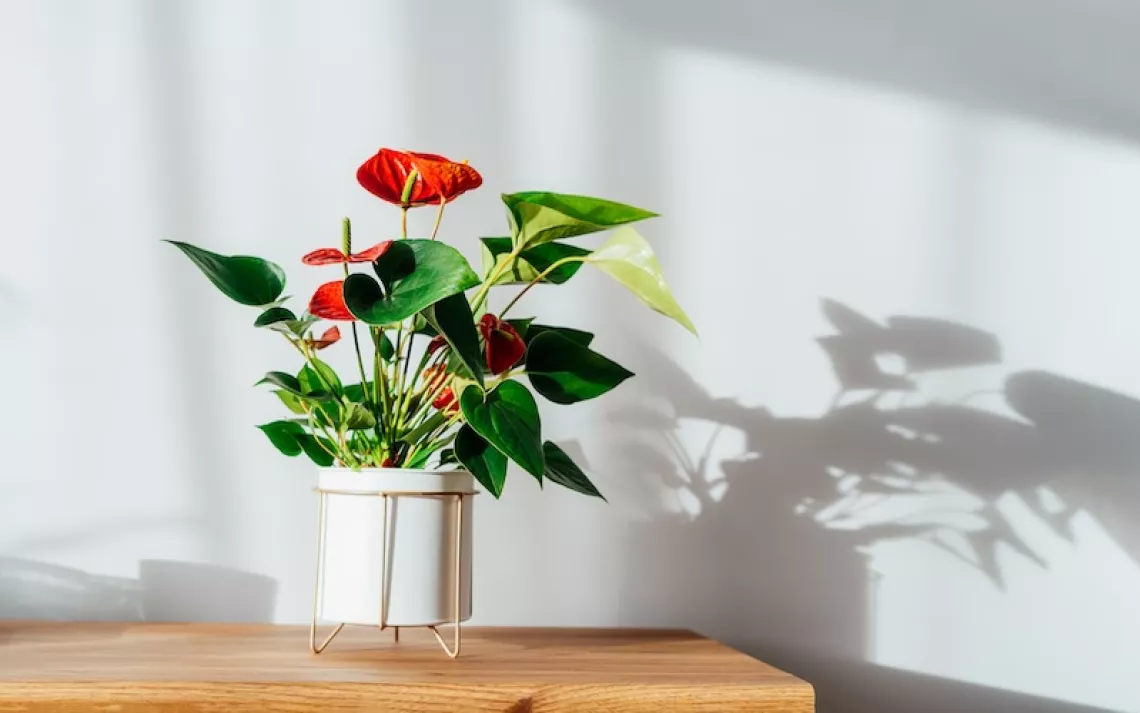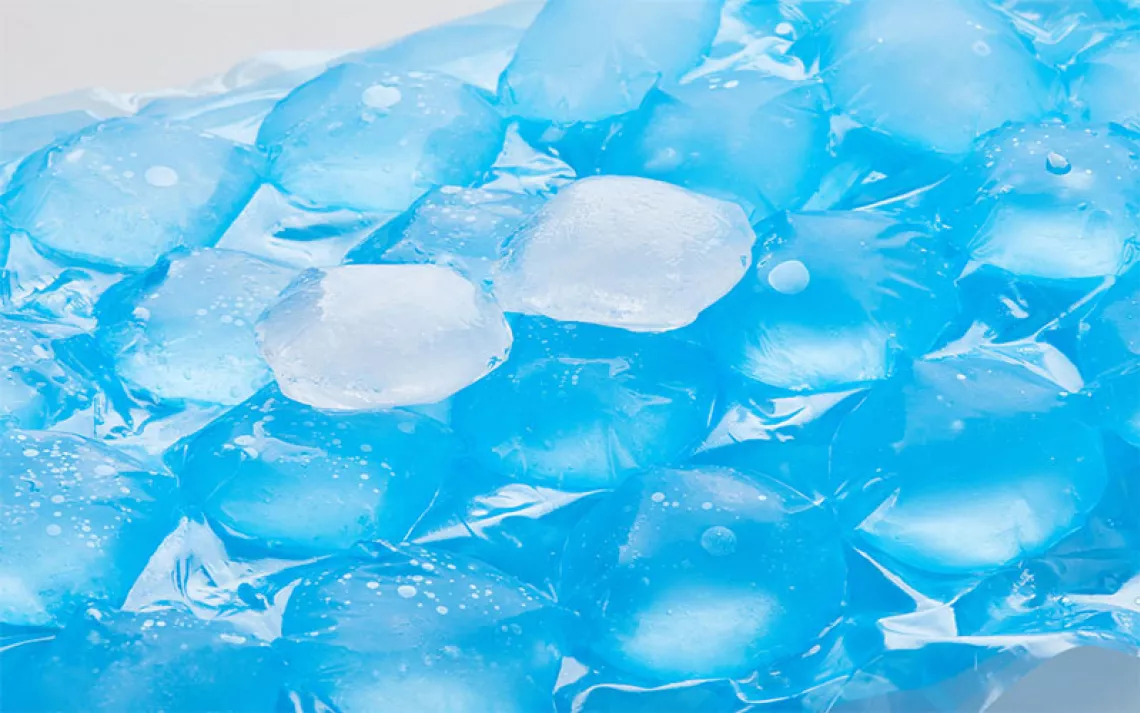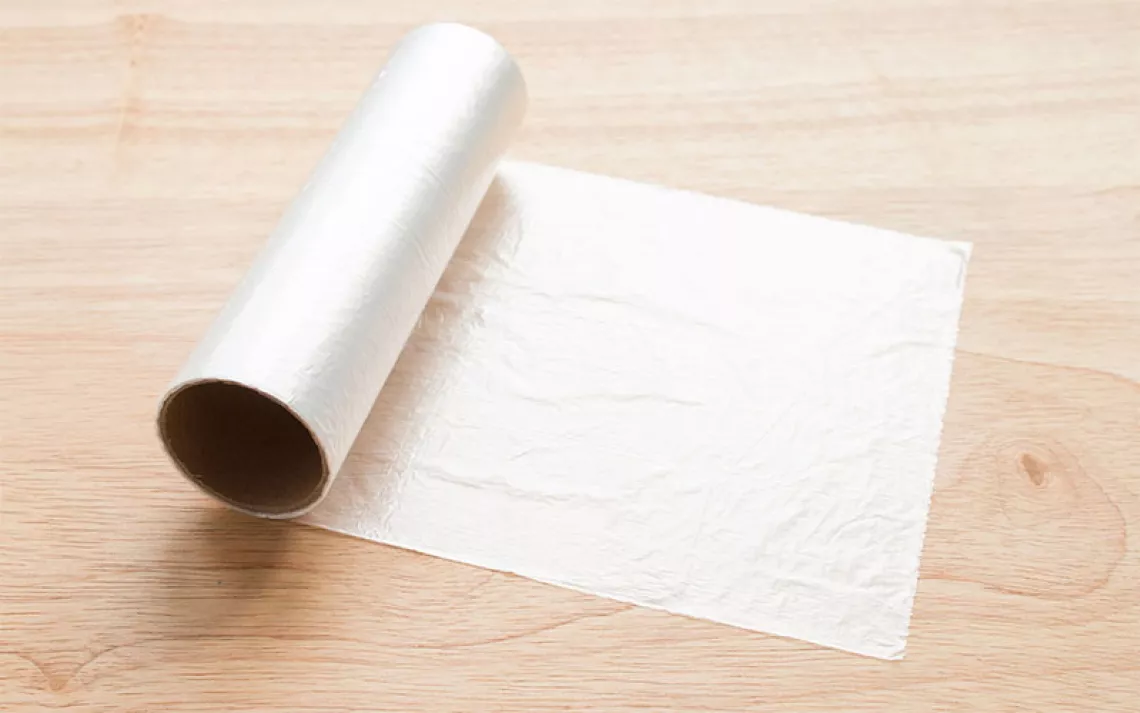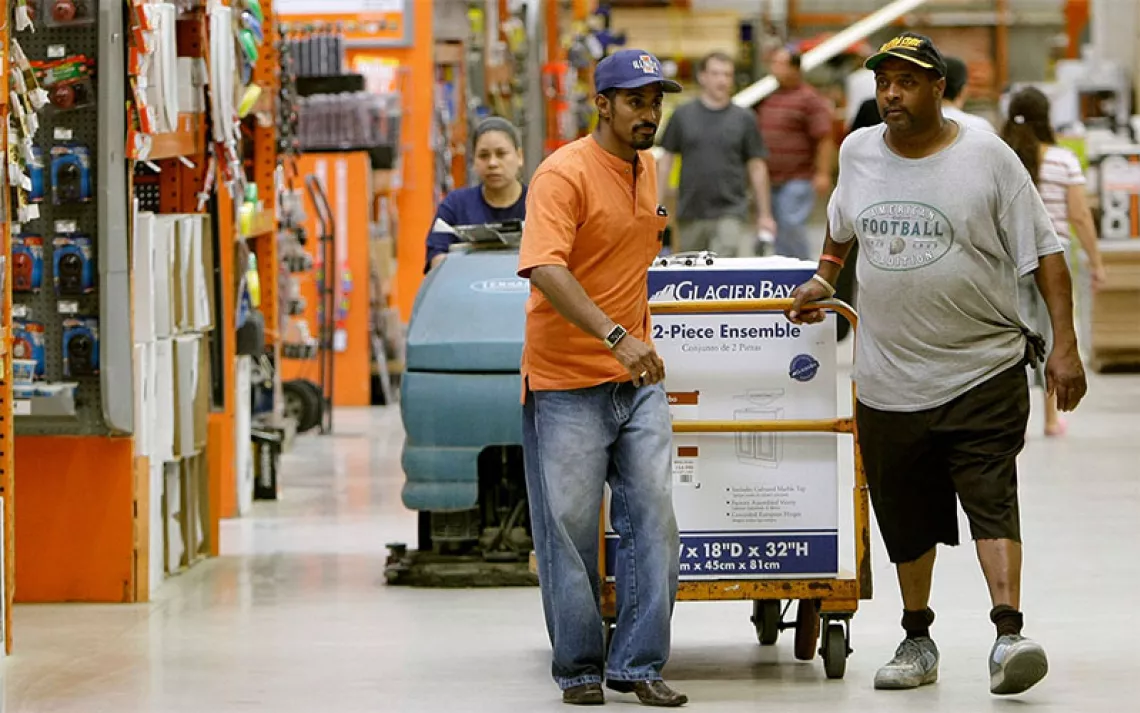A Mother’s Day Guide to Eco-Friendly Postpartum Practices
Tips for new moms committed to sustainability

Photo by Edwin Tan/iStock
Mother’s Day is this weekend, and so now is the perfect time to talk about eco-friendly motherhood. Bringing a new life into this world is a beautiful and awe-inspiring experience. It can also be stressful, especially as new mothers try to make the best choices for themselves and their baby.
After recently giving birth to my second baby, I’ve been focused on postpartum care that is environmentally conscious. From deciding whether to go with reusable cloth diapers or disposable ones to trying to find the right nursing pads, the postpartum period can be full of choices that have a real impact on the environment. It's time to take a step back and think about what we can do to make our postpartum practices more sustainable.
As a mother of an expanding family and someone who is committed to taking care of the planet, it’s important to me to bring eco-friendly practices into my daily life. Individual actions are no substitute for large-scale systems change, but family-scale choices can help reduce carbon pollution and limit waste. Buying the most sustainable products benefits not only the planet but also your family's health and well-being, since many sustainable products and practices are also safer and healthier for both mom and baby.
Postpartum care for mothers
When it comes to postpartum care for mom, there are many eco-friendly options to choose from. You may be experiencing bleeding and spotting. As much as possible, search out reusable cloth pads and menstrual cups, as opposed to disposable, single-use products. Try to find organic postpartum products made from natural materials.
I recommend the period underwear and other menstrual products made by Saalt. Its philosophy is that period care should be natural and uncomplicated. For example, their menstrual cups are made of natural rubber. These products not only reduce waste but are also free from toxic chemicals like PFAS.
Breastfeeding and pumping practices
Breastfeeding and pumping can be challenging, but feeding your baby the old-fashioned way is preferable as a matter of both infant health and a way to avoid unnecessary waste. One of the most important things you can do is to invest in a high-quality breast pump. This will help you reduce the amount of milk you waste and will also help you save time and energy.
One of my favorites is Haakaa. Not only is the Haakaa pump free from harmful chemicals like BPA, PVC, and phthalates, but it is also made from durable, eco-friendly materials. The Haakaa pump is incredibly easy to use, and it provides a comfortable and seamless breastfeeding experience.
You should also consider using a reusable breast milk storage system instead of disposable bags. I regularly use glass mason jars for breast-milk storage. I then wash them thoroughly and sterilize before using them again. This not only reduces waste but also saves money in the long run
Another best practice is to use washable breast pads instead of disposable ones. I opt for the resuable nursing pads made by Bamboobies. These innovative pads are made from renewable, sustainable resources like bamboo and organic cotton. Plus, they come in both disposable and washable/reusable options, so you can choose the style that best fits your lifestyle. Not only are these pads manufactured with an environmental mindset, but they are also gentle and comfortable for sensitive skin.
In addition, I also make my own healing nipple cream using natural ingredients including aloe vera, coconut oil, shea butter, and beeswax.
Organic meal choices
One of the most important parts of mindful postpartum care is diet and meal choices. A healthy diet not only improves the health of both mother and child, but it can also benefit the environment. Postpartum care includes getting enough rest, a healthy diet, and gentle exercise. Breastfeeding mothers need a lot of energy, so stick to organic, whole foods, and avoid processed and packaged foods.
If cooking seems like too much work, look for an organic meal plan that offers the necessary nutrients for your body's postpartum recovery. My personal favorite is Green Chef, a company that prioritizes providing high-quality, sustainably sourced ingredients, ensuring that you receive a meal that's both delicious and eco-friendly. What's more, Green Chef packages its meal kits using materials that are recyclable, reusable, and compostable.
I love incorporating leafy greens like spinach, kale, and collard greens into my meals. These vegetables are rich in iron, calcium, vitamin A, and vitamin C—all essential for both you and your baby's health. Additionally, they contain phytonutrients that help fight inflammation and reduce the risk of chronic diseases.
Salmon is another great meal choice for breastfeeding mothers. It is an excellent source of protein and omega-3 fatty acids that promote brain development in infants.
Diapering dilemma: cloth versus disposable
There’s been a vigorous debate for years about which is more environmentally sustainable, cloth diapers or disposable ones.
The obvious drawback of disposables is all the waste. Reusable cloth diapers naturally generate much less waste than disposable diapers. Additionally, because they are reusable, cloth diapers can save parents a considerable amount of money in the long run. Despite these benefits, there are also some disadvantages to cloth diapers from an environmental perspective. Washing cloth diapers requires water and energy, which means that they still have an environmental impact.
Some environmental impact is inevitable with both types of diapers. However, if you seek to diminish the number of diapers that find their way into the landfills each year, cloth diapers are the wiser choice. While cloth diapers may have some advantages, it's important for mothers to weigh the pros and cons and make the most informed decision for their families and the environment.
If you want to give cloth diapers a trial run, I strongly recommend the Cloth Diaper Starter Kit from Brightly.
If you prefer disposable diapers, choose biodegradable and compostable options. Although it comes at an added cost, the Dyper program greatly reduces the overall environmental impact of disposable diapers. With curbside pickup available in 21 cities and counting, the convenience of Dyper cannot be overstated. For those outside of its existing service areas, Dyper also offers a prepaid return box containing everything needed to safely ship your used diapers and wipes to their regional sorting center, powered by TerraCycle.
As a mother of a newborn, one of the biggest concerns is finding sustainable options for diapers and wipes that won't harm the environment but will still keep your baby feeling clean and fresh. Fortunately, brands such as Brightly and DYPER are doing their part to protect our planet and care for our babies.
The benefits of natural cleaning products
As a mother, I know how important it is to keep my home clean and safe for my children. Using natural cleaning products not only benefits the planet by limiting the production of synthetic chemicals but also offers numerous health benefits for you and your family. Natural cleaning products typically contain fewer harsh chemicals than conventional cleaning solutions, making them a safer choice for children and adults too. Natural cleaners are typically biodegradable, which reduces environmental impacts after disposal. They are made from ingredients such as essential oils, vinegar, and baking soda.
Two excellent brands for natural cleaning products are Seventh Generation and Mrs. Meyer's Clean Day. Seventh Generation products are plant-based and contain no irritating fragrances or dyes. They offer a wide variety of cleaning products, from dish soap to laundry detergent. Mrs. Meyer's Clean Day products are also plant-based and free from harsh chemicals, artificial colors, and preservatives.
You can also make your own natural all-purpose cleaning products using ingredients in your kitchen like food-grade hydrogen peroxide, lime, and lemon. I found that this mixture will work just as well as bleach! You can mix vinegar and water in a spray bottle and use that to clean windows and surfaces. If you need grit, you can use baking soda and water. Check out this personal list of my favorite natural cleaner recipes here.
Emotional sustainability for moms and babies
Sustainability is not just about eco-friendly practices. It’s also vital to ensure that you're taking care of your mental and physical well-being. Practice mindfulness, self-care, holistic nutrition, and emotional well-being. And above all, enjoy this special time with your baby. Don’t sweat the small stuff, and don’t fall prey to eco-guilt.
Happy Mother's Day!
 The Magazine of The Sierra Club
The Magazine of The Sierra Club







